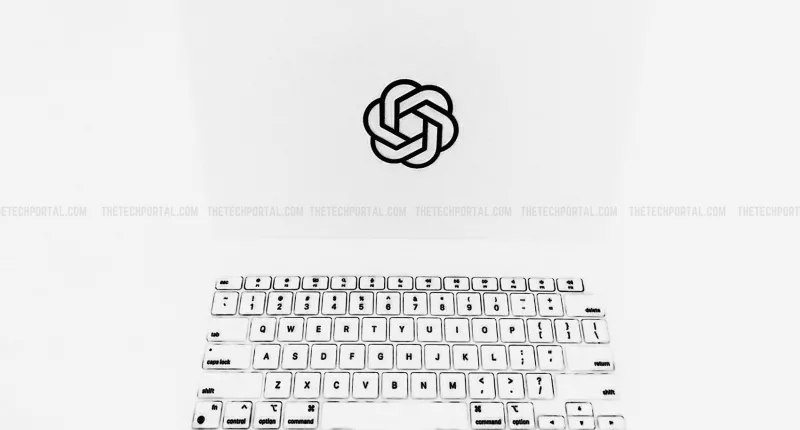Ever since Sam Altman was ousted in a suprise move by the OpenAI board, speculations have been rife about his possible return, a complete revamp of the board, a furious Microsoft CEO Satya Nadella and Altman’s chip venture in progress. In case you seem to have missed out on the breakneck speed of stories coming in, this article is here to provide you a recap.
A new AI-chip venture, codenamed ‘Tigris’
Fresh things first. In a new development, several noted media outlets are reporting that in the weeks leading up to his sudden exit from OpenAI, Sam Altman was actively engaged in a strategic initiative codenamed Tigris. It is aimed at establishing a formidable presence in the realm of AI-centric chip development. Altman, known for his pivotal role in the development of OpenAI’s ChatGPT, had set his sights on raising billions from major global investors.
The project, still in its early stages, sought to create semiconductors capable of competing with Nvidia Corp., a dominant force in the AI tasks market. The Tigris project, previously shrouded in secrecy, now represents Altman’s goal for reshaping the landscape of AI hardware. With the formation of an AI-focused chip company, Altman aimed to introduce semiconductors capable of challenging the market supremacy of Nvidia, as mentioned earlier.
According to people familiar with the matter, Altman was actively working to raise billions from some of the world’s largest investors for the new venture, which includes travelling to the Middle East to raise funds. The talks are still in the early stages, and the venture in question is yet to be formed. These investors include the likes of SoftBank Group, Saudi Arabia’s Public Investment Fund, and Mubadala Investment Company.
If successful, Tigris could introduce a new player, fostering competition and innovation in the rapidly evolving AI hardware space. Altman pitches for Tigris to produce Tensor Processing Units (TPUs), custom-designed chips aimed at handling high-volume specialized AI workloads, which aligns with the goal of reducing ongoing operational costs for AI-intensive tasks. If Tigris can deliver on this front, it could provide an alternative to existing solutions, offering cost-effective options for companies relying on AI technologies. It could also contribute to the evolution of AI hardware, potentially outperforming existing solutions and setting new benchmarks in the industry.
Reactions from industry and OpenAI investors
Microsoft, which is a 49% shareholder in OpenAI and has invested billions of USDs into the company, was apparently kept in the dark about Altman’s ouster. A Bloomberg report states that Microsoft CEO Satya Nadella was ‘furious’ upon hearing the news.
The ouster was a result of Altman’s clashes with several of the board members, most importantly with Ilya Sutskever, an OpenAI co-founder and the company’s chief scientist. The debates were mostly over how quickly to develop what’s known as generative AI, how to commercialize products and the steps needed to lessen their potential harms to the public, according to the Bloomberg report.
Microsoft, whose shares are falling, said in a statement that it has a long-term partnership with OpenAI and remains committed to their team. https://t.co/OHQvwNUmN3
— Dina Bass (@dinabass) November 17, 2023
All of this comes amidst Altman’s surprising ouster from OpenAI, especially after he took it to new heights. His departure from the firm occurred last week when the board suddenly felt that they were “no longer confident in his ability to lead.” This is ironical, considering that discussions are now underway regarding Sam Altman’s potential return to OpenAI. Discussions center around the possibility of urging the board to reinstate Altman as CEO, fuelled by concerns about potential talent loss and disruption to OpenAI’s trajectory without Altman’s leadership as some employees are reportedly considering resignation if Altman is not reinstated.
Altman’s ouster also saw the departure of Greg Brockman, OpenAI’s president, and other senior researchers, something that has heightened concerns about organizational stability. According to a report by The Verge, OpenAI’s board even agreed in principle to resign and allow Altman and Brockman to return, and OpenAI chief strategy officer Jason Kwon told employees that they were “optimistic” about Altman’s return.
The Tech Portal is published by Blue Box Media Private Limited. Our investors have no influence over our reporting. Read our full Ownership and Funding Disclosure →






